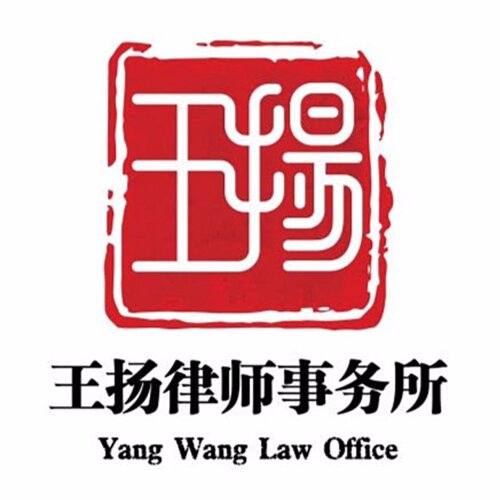Best Child Visitation Lawyers in Toronto
Share your needs with us, get contacted by law firms.
Free. Takes 2 min.
Free Guide to Hiring a Family Lawyer
List of the best lawyers in Toronto, Canada
About Child Visitation Law in Toronto, Canada:
Child visitation law in Toronto, Canada, also referred to as access or parenting time, deals with the rights of non-custodial parents to spend time with their children after separation or divorce. The goal of the law is to promote the best interests of the child while ensuring both parents play an active role in their upbringing.
Why You May Need a Lawyer:
You may need a lawyer to navigate child visitation matters in Toronto if:
- You are a non-custodial parent having difficulty exercising visitation rights
- You are a custodial parent encountering challenges with the non-custodial parent's visitation schedule
- You need to modify or enforce an existing visitation arrangement
- You want to establish a visitation schedule after separation or divorce
- You require legal advice on your rights and responsibilities as a parent regarding visitation
Local Laws Overview:
Key aspects of child visitation laws in Toronto, Canada, include:
- The primary consideration is the best interests of the child, including their emotional, physical, and mental well-being
- Parents are encouraged to work together to create a visitation schedule that accommodates the child's needs
- If parents cannot agree, the court may intervene to determine a reasonable visitation arrangement
- Visitation rights can be affected by factors such as the child's age, the parents' ability to co-parent, and the child's wishes if they are old enough to express them
Frequently Asked Questions:
Q: How is visitation rights decided in Toronto, Canada?
A: Visitations rights can be decided through negotiation and mutual agreement between parents. If an agreement cannot be reached, the court may make a determination based on the best interests of the child.
Q: Can a non-custodial parent be denied visitation rights?
A: In general, visitation rights should not be unreasonably denied. However, if there are concerns about the child's safety or well-being, the court may restrict or supervise visitation.
Q: Can visitation arrangements be modified?
A: Yes, visitation arrangements can be modified if there is a significant change in circumstances or if the existing arrangement is no longer in the best interests of the child. A court application may be necessary to seek a modification.
Q: Can grandparents or other relatives seek visitation rights?
A: In certain circumstances, grandparents or other relatives may seek visitation rights. The court will consider the best interests of the child and the nature of the relationship between the child and the applicant.
Q: How long does the court process for visitation rights take?
A: The duration of the court process can vary depending on the complexity of the case, the court's schedule, and other factors. It is best to consult with a lawyer for a realistic estimate based on your specific situation.
Additional Resources:
For further assistance and information on child visitation in Toronto, Canada, these resources can be helpful:
- Family Law Information Centre: Located at the family courthouse, they provide free legal information and assistance.
- Ontario Ministry of the Attorney General: Offers resources and guides on child visitation and family law matters.
- Legal Aid Ontario: Provides legal services and support for low-income individuals seeking assistance with child visitation issues.
Next Steps:
If you need legal assistance regarding child visitation in Toronto, Canada, consider taking the following steps:
- Educate yourself on child visitation laws, rights, and responsibilities
- Collect relevant documents, such as existing visitation agreements or court orders
- Consult with a family lawyer specializing in child visitation
- Discuss your case and seek legal advice tailored to your specific situation
- Consider negotiating with the other parent or filing a court application if necessary
Lawzana helps you find the best lawyers and law firms in Toronto through a curated and pre-screened list of qualified legal professionals. Our platform offers rankings and detailed profiles of attorneys and law firms, allowing you to compare based on practice areas, including Child Visitation, experience, and client feedback.
Each profile includes a description of the firm's areas of practice, client reviews, team members and partners, year of establishment, spoken languages, office locations, contact information, social media presence, and any published articles or resources. Most firms on our platform speak English and are experienced in both local and international legal matters.
Get a quote from top-rated law firms in Toronto, Canada — quickly, securely, and without unnecessary hassle.
Disclaimer:
The information provided on this page is for general informational purposes only and does not constitute legal advice. While we strive to ensure the accuracy and relevance of the content, legal information may change over time, and interpretations of the law can vary. You should always consult with a qualified legal professional for advice specific to your situation.
We disclaim all liability for actions taken or not taken based on the content of this page. If you believe any information is incorrect or outdated, please contact us, and we will review and update it where appropriate.
















